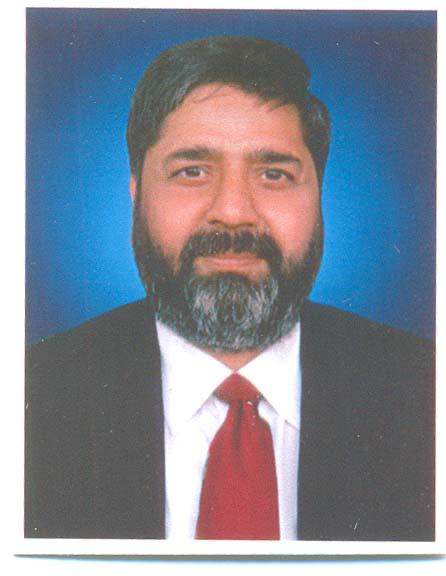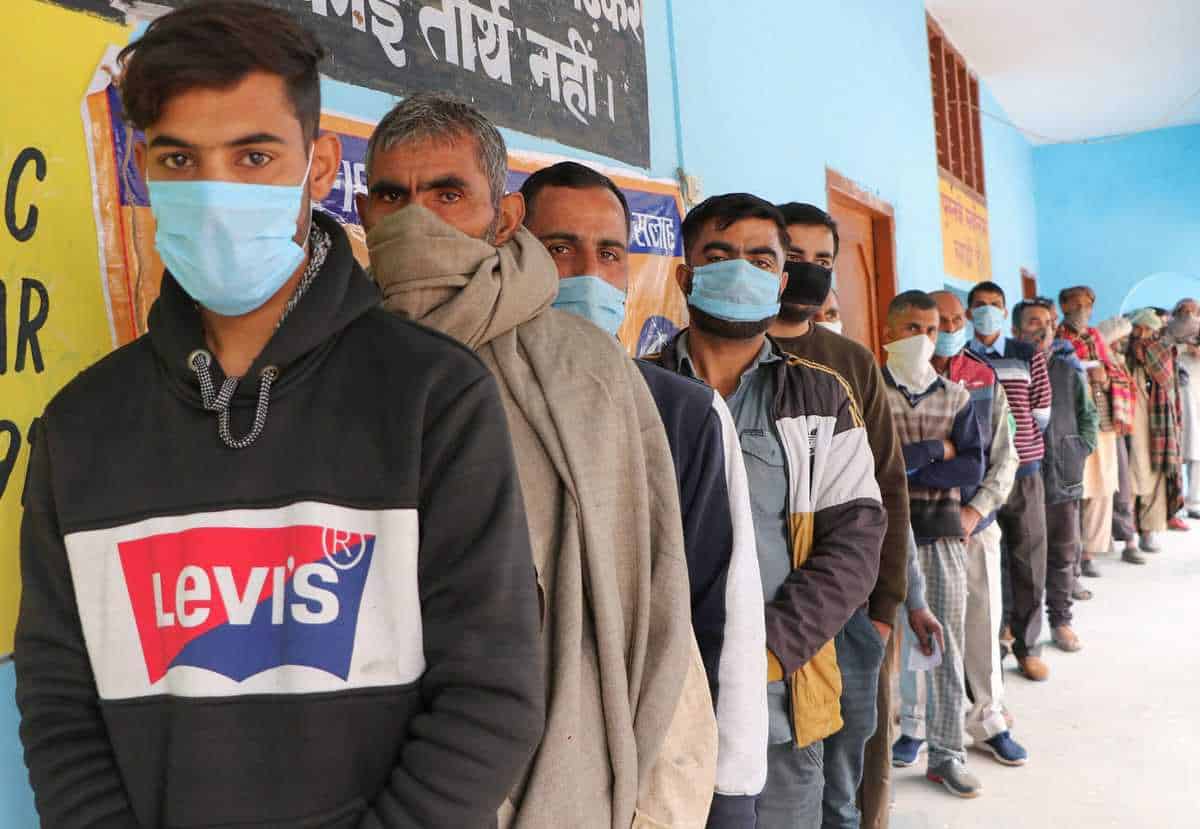
A paradigm shift is taking place in Kashmir where seeds of grassroots democracy have started sprouting like never before. The driving factor is the ongoing District Development Council polls which are being held for the first time in Jammu and Kashmir, more importantly, these elections will bring the Himalayan territory into the overarching fold of the Indian democracy.
The polling for the eight-phase elections is going on. This had started on November 28 and will last till December 19, and the counting will take place on December 22.
This election is beyond the technical details of 72 lakh electorate in 280 constituencies across 20 districts of the Union Territory of J&K – it is about the firming up of the grassroots democracy in the Himalayan territory where until now flavour of the democracy was tasted in the Assembly and Parliamentary elections, and panchayat and municipal polls were held as per the whims of the state governments – J&K was a special status state until August 5, 2019. Till that day, its special status granted special rights to its permanent residents and it flaunted its especial identity through a separate flag and constitution.
In a significant way, the Centre has proved that it is committed to widening the arch of democracy in Kashmir, short term for J&K. There is no doubt that J&K had elections in the past, but those were marred by the charges of rigging and manipulation by the governments as also by the repeated boycott calls by the separatists, which were executed by militants through guns and grenades to keep voters indoors.
It won’t be wrong to say that there was a democratic deficit in Jammu and Kashmir – first elections to all institutions were not held as per the normal schedule. In 2011, panchayat elections were held after a gap of 10 years, and before that these polls remained off schedule for more than 20 years because of the militancy related violence. The fear of violence was so overwhelming that the Centre could not hold even the 1991 parliamentary elections. And the Assembly elections could not be held for almost seven years after the Congress-National Conference government that resigned in January 1990.
Prime Minster Narendra Modi and Home Minister Amit Shah – the ministry of home affairs control all affairs of J&K – have moved firmly in removing this democratic deficiency by getting all layers of democracy in place.
The voting percentage so far in the first three phases, 52 per cent, 49 per cent and 50 percent – is indicative of the appetite of the people at large for the democracy and development in their areas. They know that the DDC polls hold a promise of development in Jammu and Kashmir, where road connectivity, health centres and educational institutions are seen as luxuries in the villages, especially those nestled in the mountains. They are longing for an end to their sense of deprivation in the development sector.
The generation of this hope is significant when viewed against the backdrop of what they have been fed over the loss of the special status of Jammu and Kashmir and the exclusive rights to the land and jobs they had until August 5, 2019. J&K and Ladakh, that was separated and declared as a separate entity became the UTs on October 31, 2019.
Ever since the elections were announced on November 4, there has been a bitter contest of the narratives whether special status state was better for the people where they had limited access to their elected representatives- MLAs- or the bloom of the grassroots democracy in its full form where they will be able to reach their representatives and hold them accountable to their promises. But this campaign assumed a dangerous dimension when national versus anti-national discourse overtook developmental issues. That is threatening the very purpose of the elections as such bitter campaigns are harvested in an atmosphere of hate and division.
This is also overshadowing an important message that the country wants to deliver to the international community that the democratic exercise in Kashmir is a proof of people’s acceptance and endorsement of the decisions that the federal government has taken to enable the people to draw all benefits that are available to the peoples across all the states and union territories in India.
It is important that the outcome of the polls is as per the vote of the voters. Any shortchange in the polls and its results can defeat the very purpose of this exercise that is critical to the new and optimistic narrative that Delhi is making efforts to weave in J&K.
Arun Joshi is a senior journalist and author. Among his books is, “Eyewitness Kashmir: Teetering on Nuclear War”. He can be reached by email at ajoshi57@gmail.com
Views expressed are personal

